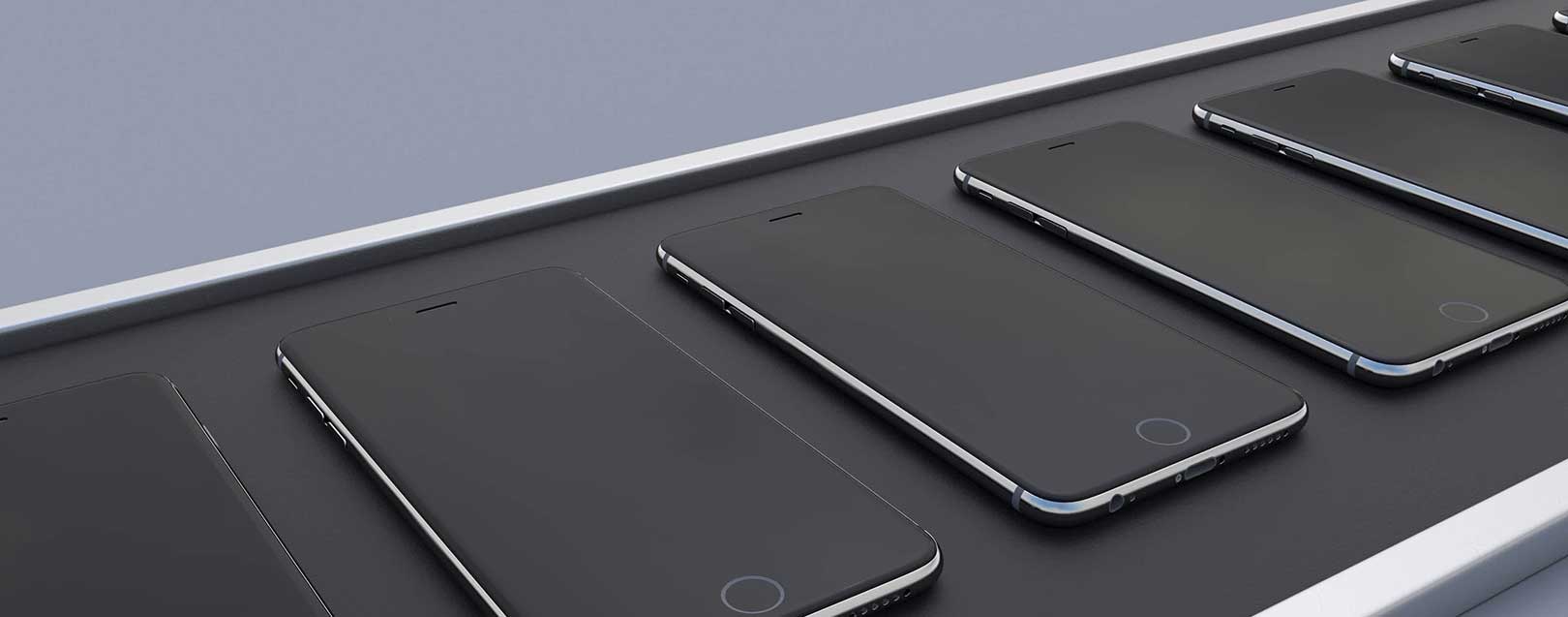
Government looking to impose 5% - 10% duty on import of phones
The Dollar Business Bureau
After the roll-out of Goods and Services Tax in July, the government proposes to impose a 5% - 10% customs duty on imported handsets. The import restriction is being suggested to push local manufacturing of mobiles, for which, India is currently the second biggest global market.
Ministry of Electronics and Information Technology, in consultation with the Attorney General, has confirmed that the proposed hike in import duty will not violate the Information Technology Agreement (ITA). The Ministries of IT, Commerce, Finance and Telecom are going to further examine the tax proposition.
Reportedly, 30% of handsets sold in the country are imported. To help Indian manufacturing units compete with cheap imports, mostly from China, the Indian government is mulling a tariff barrier. The move will force affordable phone makers like Samsung to pass on added costs to consumers. For the common masses, it will push brands like iPhone further out of reach, which are already seen as status symbols.
In anticipation of India's efforts to boost its 'Make in India' program, many phone makers are setting up assembling units in the country. While Apple is to soon start its iPhone SE assembling operations in Bengaluru, Oppo, a Chinese brand, has invested 100 crore in its Indian arm to kickstart local manufacturing. Oneplus, Lenovo, Xiaomi and Gionee have also started manufacturing their phones in India.
With increasing rate of smart phone penetration in the country, none of the global manufacturers can afford to ignore India as one of their major markets. The Indian government therefore, has an upper hand in negotiations with multinationals trying to enter the second most populous global market. Apple has been trying hard to wring some tax concessions and sourcing relaxations from the Ministry of Commerce, to no avail so far. Even after factoring in the 'state-of-the-art' technology Apple brings into the country, the government hasn't found sufficient grounds to justify special concessions to the American tech juggernaut.
Since the local manufacturers are still not well-equipped both technologically and operationally, to meet nation-wide requirements, such a step could also backfire, negatively impacting the vision of 'Digital India'. Currently, only 6% of a phone's component parts are locally sourced. Therefore, a balanced policy approach is required to juggle contrasting goals of boosting local manufacturing and making smart phones accessible to the masses.






 to success.
to success.